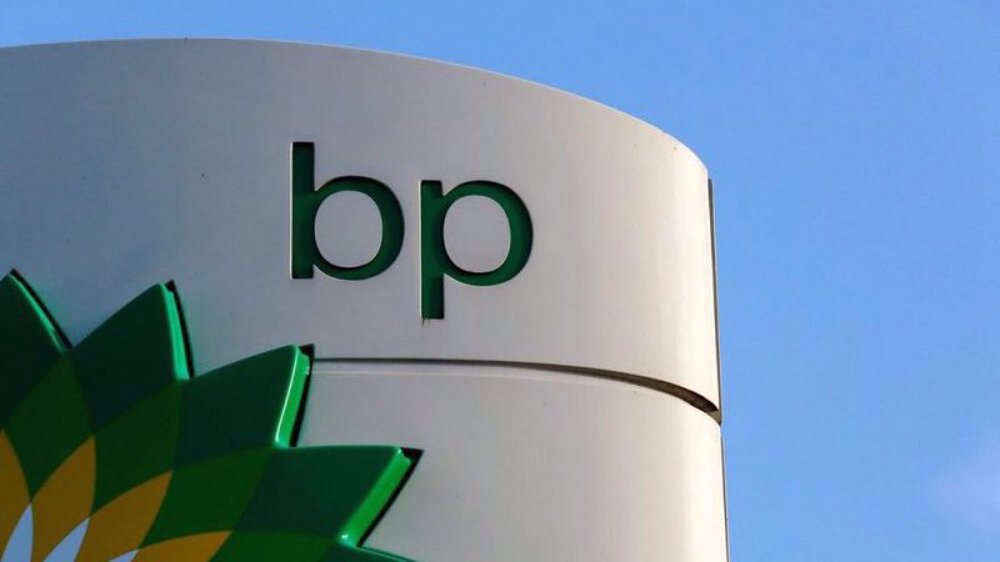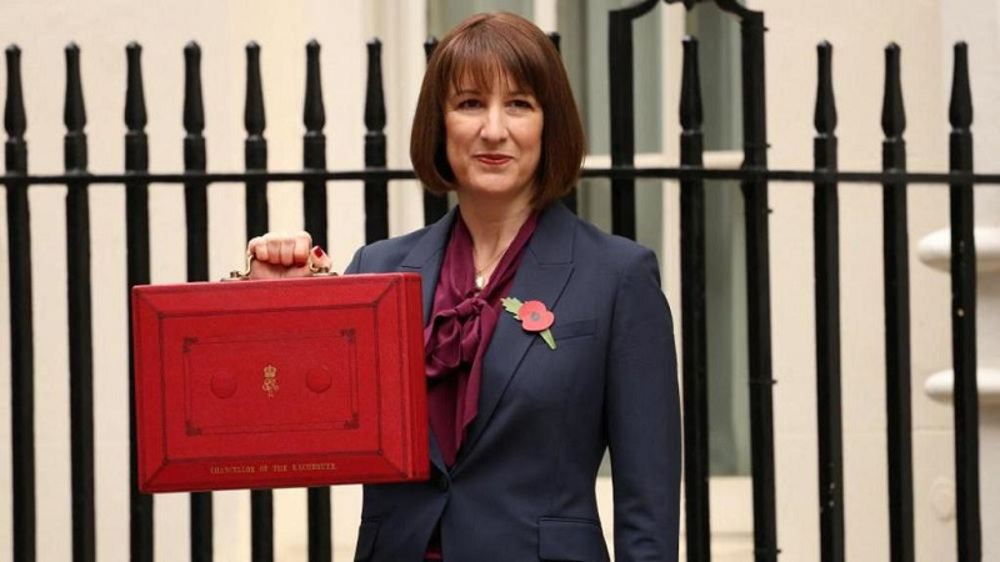UK manufacturing sector barely grew in May
UK manufacturing activity barely grew last month, raising concerns over the economy's strength in the run-up to the June 23 referendum on whether the country should remain a member of European Union (EU).
The Markit/CIPS manufacturing Purchasing Managers' Index (PMI) rose to 50.1 from 49.4 in April, which had been the lowest level since early 2013.
But the PMI index was only a fraction above the 50 mark that separates manufacturing growth from contraction.
"The manufacturing sector looks likely to act as an increased drag on the economy in the second quarter," Rob Dobson, senior economist at survey compilers Markit, said.
"There are also signs that increased client uncertainty resulting from slower growth and the forthcoming EU referendum are weighing on investment spending and business decision-making in general,” he said.
The PMI report found that more than a third of British manufacturers surveyed believed uncertainty over the EU vote has had a negative impact on their business, with 8 percent saying the effect was "strongly detrimental."
The UK manufacturing sector was "essentially at a standstill in May," said Howard Archer, chief UK and European economist at IHS Global Insight.
Ruth Miller, a British economist at Capital Economics, said the slight improvement in factory activity in May did little to change the fundamental picture of a struggling industrial sector.
The UK will hold a referendum on June 23 on whether the country should remain a member of the union.
A British exit from the EU, or Brexit, was not formally on the agenda at last week’s G7 summit in Japan, but British Prime Minister David Cameron discussed the issue with several world leaders.
Membership of the European Union has been a controversial issue in the UK since the country joined the then European Economic Community in 1973.
Those in favor of a British withdrawal from the EU argue that outside the bloc, London would be better positioned to conduct its own trade negotiations, better able to control immigration and free from what they believe to be excessive EU regulations and bureaucracy.
Those in favor of remaining in the bloc argue that leaving it would risk the UK's prosperity, diminish its influence over world affairs, and result in trade barriers between the UK and the EU.
The International Monetary Fund (IMF) recently said that there were no economic benefits for the UK to leave the EU, while the Bank of England has warned that the country’s economy would slow sharply, and possibly even enter a short recession.
VIDEO | Iran honors female trailblazers during Women's Week
Missile fired from Yemen triggers sirens in Israeli-occupied lands
VIDEO | S Korean legal battles rage as presidential impeachment trial begins
VIDEO | Over 80% of mosques in Gaza destroyed by Israeli regime
VIDEO | Jordanians take to streets of Amman to support Resistance
VIDEO | Protests erupt in Pakistan over Parachinar crisis
US and UK launch new airstrikes on Yemeni capital
Homelessness up 18 percent in US in last year










 This makes it easy to access the Press TV website
This makes it easy to access the Press TV website